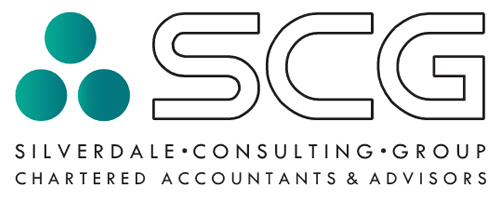Taxes are what the government draws its funds from. Without them, we probably wouldn’t have the infrastructural advances that we have today. In today’s blog, we’re going to be having a look at some of the major tax laws that affect us. Whether you’re a property investor or small business owners, there are a few different types of taxes that apply will apply to you at various stages in your life and it’s best to have them explained to you properly by a qualified tax consultant.

Goods and service tax (GST)
This is probably one of the more well-known taxes. In Australia, all items you purchase already have GST factored into the price. If you’re operating a business then you must register for GST within 21 days of your business’ turnover exceeding the threshold of $75,000 in GST – that is your gross income minus GST. Other reasons for registering include if you:
- Believe you’ll reach the threshold within the first year
- Are in a non-profit organisation and the GST turnover is $150,000 a year
- Provide a taxi or limousine travel service for passengers
- Are looking at claiming fuel tax credits for your business.
Failure to register for the GST if your business falls under any of these categories will result in penalties as well as having to pay GST on sales you’ve made since the day you were meant to register.
Capital gains tax (CGT)
The capital gains tax is a big one for property investors as it directly relates to the sale of a property. Technically speaking, this is paid as a part of your standard tax return, but it can still be categorised as its own tax. CGT is the difference between what you sold a property you were the owner of for and what you originally purchased it for. Whether it’s a capital loss or capital gain, you’ll still have to pay tax on it. CGT applies to:
- Real estate
- Shares and other similar investments
- Leases, foreign currency, goodwill, licenses and contractual rights
- Collectables and personal use assets that are above a certain value.
Examples of assets that are exempt from CGT are:
- Your main residence
- A car or motorbike
- Depreciating assets – such as those that are used exclusively for taxable purposes such as business equipment.
- Any asset that was acquired before the 20th of September 1985
Fringe benefits tax (FBT)
This tax applies solely to business owners. The fringe benefits tax is a tax that’s paid by the employer on certain benefits that are supplied to their employees, employees’ family or other associates. The FBT year runs from the 1stof April until the 31stof March and the employer is responsible for assessing how liable they are when it comes to this tax. FBT is something that you can deductions from when it comes to your income tax, however. Examples of things that come under FBT are:
- Allowing employees to use a work car for personal reasons
- Paying for an employee’s gym membership
- Giving away free tickets to entertainment shows such as concerts or theatre performances to employees
- Paying for an employee’s school fees.
Income tax
Last, but certainly not least, we have the income tax. This tax is the portion of our salary that we pay to the government every time we get paid. There are various thresholds for income tax and every time you breach a threshold, the amount of tax you must pay increases. For example, if you earn less than $18,200 a year, then all the tax that was withheld from you on your paydays will be given back to you come tax return time. It’s when you earn above this amount annually that you’ll start to truly pay tax. The thresholds are as follows:
- $18,201 – $37,000 – For every dollar earnt over $18,200 you’ll have to pay 19c in tax.
- $37,001 – $90,000 – For every dollar earnt over $37,000 you’ll have to pay 32.5c in tax, plus an additional $3,572.
- $90,001 – $180,000 – For every dollar earnt over $90,000 you’ll have to pay 37c in tax, plus an additional $20,797.
- $180,001 and over – For every dollar earnt over $180,000 you’ll have to pay 45c in tax, plus an additional $54,097.
Please note that these are the rates that apply to Australian residents only and the rates applying to foreign residents can be found here.
Are you looking for a tax consultant in Melbourne?
EOFY is fast approaching and you’ll want to have all your taxes in order, so why not look at Silverdale Consulting Group? If you’re after a tax consultant, then our professionals will be able to help you get your taxes sorted in no time.
If you would like to no more about our services or are simply just looking for a tax consultant, then please get in touch with us by calling (03) 9497 5885 or by filling out the form on our website.
